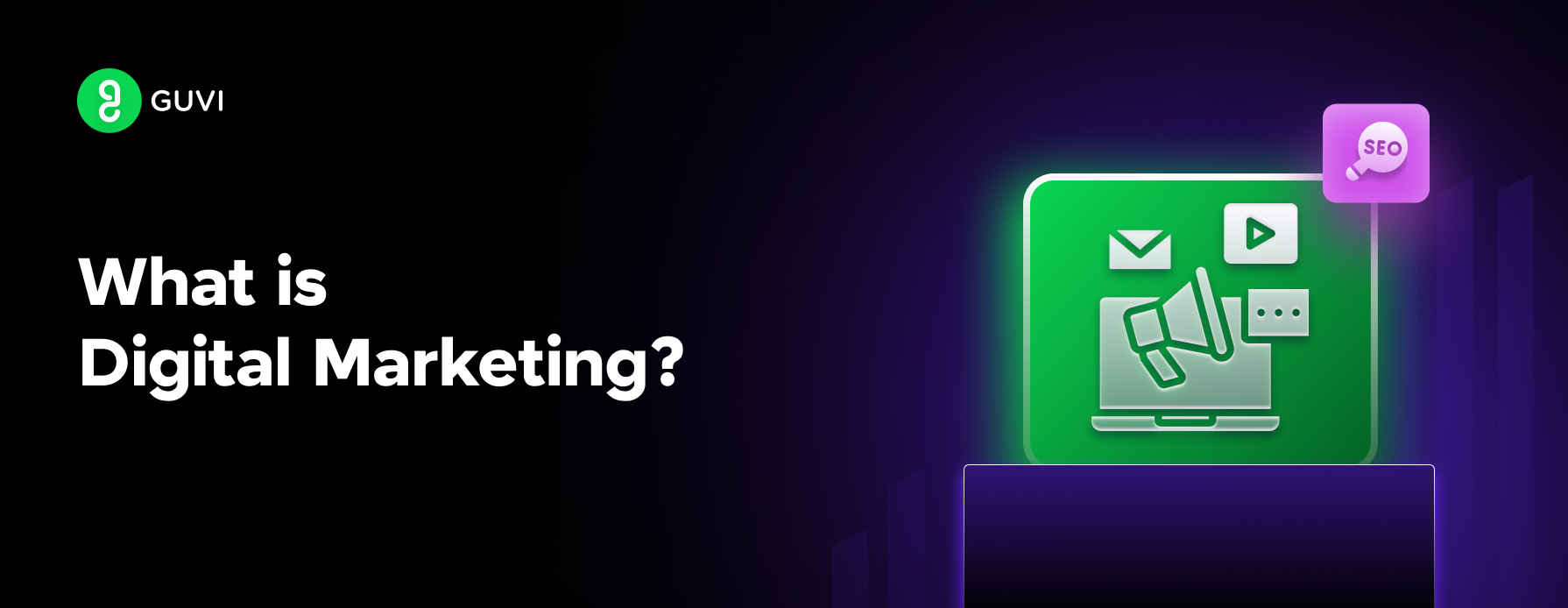
What is Digital Marketing? Everything You Need to Know
Oct 24, 2024 4 Min Read 3059 Views
(Last Updated)
Digital marketing is the strategic use of online platforms and tools to promote products, services, or brands to a target audience. It includes channels like search engines, social media, email, and websites to effectively reach and engage users.
As consumer behavior shifts to digital spaces, businesses must adopt these marketing strategies to stay competitive.
In this blog I will answer all your digital marketing questions like what digital marketing is, why it’s booming as a career, how it works, the key types and techniques to master, and a roadmap to becoming a digital marketer tailored to you.
Table of contents
- What is Digital Marketing?
- Key Types of Digital Marketing
- Why Digital Marketing is a Trending Career
- Core Components of a Digital Marketing Strategy
- The Role of Technology in Digital Marketing
- Trends and Emerging Technologies in Digital Marketing
- Career Opportunities and Skills in Digital Marketing
- Takeaways…
- FAQs
- What are the 3 most important things in digital marketing?
- What are the 7 pieces of digital marketing?
- What are the 5 C's of digital marketing?
- What is STP in marketing?
What is Digital Marketing?
Digital marketing refers to the strategic use of online channels, platforms, and technologies to promote products, services, or brands to a targeted audience. Unlike traditional marketing methods, digital marketing leverages data analytics and algorithms to tailor campaigns, measure results in real-time, and refine strategies to optimize return on investment (ROI).
As the digital world continues to expand, businesses rely more heavily on these platforms to reach their consumers.
The importance of digital marketing stems from the global shift towards the digital economy. According to research, over 4.66 billion people worldwide are active internet users, which translates into enormous opportunities for businesses to scale and reach broader audiences through the power of digital marketing.
Key Types of Digital Marketing

| Type | Description | Example |
| Search Engine Optimization (SEO) | Improves website visibility in organic search engine results by optimizing content and technical structure to rank higher. | A blog optimized for “best data science courses” with proper keyword usage to rank on the first page of Google. |
| Pay-Per-Click (PPC) Advertising | Allows businesses to display ads on search engines and social media platforms by paying for each user click. | Google Ads for “affordable web hosting” where advertisers bid for ad placement at the top of search results. |
| Content Marketing | Focuses on creating valuable, relevant content to attract and engage target audiences. | A series of blog posts on “cybersecurity tips” that attract readers to a cybersecurity software website. |
| Social Media Marketing | Uses platforms like Facebook, Instagram, LinkedIn, and Twitter to promote brands and engage with customers. | A viral Instagram campaign for a fashion brand leveraging influencer partnerships. |
| Email Marketing | Involves sending personalized promotional messages directly to potential customers’ inboxes. | A personalized email campaign offering discount codes for subscribers. |
| Affiliate Marketing | Involves partnering with affiliates who promote products or services and earn a commission on sales generated. | An affiliate promoting an e-commerce store’s products through a blog or social media, earning a percentage of sales. |
| Native Advertising | Ads that blend seamlessly into the content of a platform, making them less intrusive and more engaging. | Sponsored posts on news websites that appear like regular editorial content but promote a product or service. |
| Influencer Marketing | Collaborates with popular influencers to reach new audiences and build trust through authentic endorsements. | A tech brand partnering with YouTube influencers to review their latest smartphone model. |
Why Digital Marketing is a Trending Career
The rapid rise of e-commerce, social media, and online consumer behavior has led to a massive demand for digital marketing professionals. With the ability to measure, track, and optimize campaigns in real time, companies are heavily investing in digital strategies. Career prospects in digital marketing are growing at an unprecedented rate due to:
- Scalability and Reach: The global nature of the internet allows businesses to reach wider audiences than ever before.
- High Demand for Skills: With companies expanding their digital presence, demand for experts in SEO, PPC, content marketing, and social media is skyrocketing.
- Versatility of Roles: From SEO specialists to content strategists, the variety of digital marketing roles opens doors for professionals from diverse backgrounds.
Core Components of a Digital Marketing Strategy
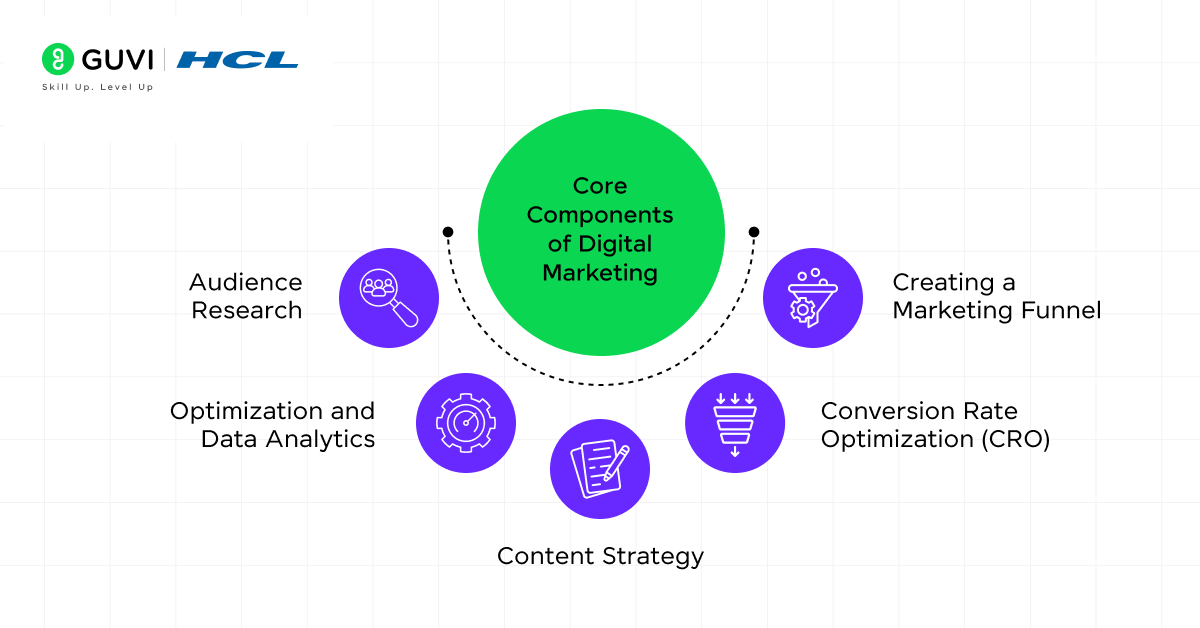
- Audience Research
A critical first step in digital marketing is understanding the target audience and drafting a digital marketing strategy. Marketers use tools like Google Analytics, social media insights, and customer relationship management (CRM) systems to gather data on customer demographics, interests, behaviors, and preferences. Detailed audience segmentation helps brands craft personalized messages and products.
- Creating a Marketing Funnel
A digital marketing funnel outlines the journey a potential customer takes from awareness to conversion. The stages typically include:
- Awareness: The customer becomes aware of a brand or product, often through SEO or social media ads.
- Consideration: The customer is interested and explores more detailed content such as blogs, reviews, or product demos.
- Conversion: The customer makes a purchase or takes another desired action, such as filling out a form or subscribing to a newsletter.
| Stage | Description | Example |
| Awareness | Introducing the brand or product to a new audience. | A paid ad campaign promoting a new product launch on Instagram. |
| Consideration | Engaging the audience with more detailed information and benefits. | Sending follow-up emails with product details and special offers. |
| Conversion | The point at which a lead becomes a paying customer. | An optimized e-commerce checkout page with discounts for first-time buyers. |
- Content Strategy
Content marketing forms the backbone of many digital marketing strategies. By consistently producing high-quality, valuable content (blogs, videos, infographics, webinars), brands can build trust, engage customers, and move them through the marketing funnel.
- Optimization and Data Analytics
Continuous monitoring and refining of digital campaigns are essential. Using advanced analytics tools like Google Analytics, marketers track user behavior, assess campaign performance, and make data-driven decisions to optimize efforts.
- Conversion Rate Optimization (CRO)
CRO focuses on improving the percentage of visitors who take the desired action on a website, such as purchasing a product, signing up for a newsletter, or downloading an app. It involves A/B testing, improving user experience (UX), and fine-tuning landing pages.
Would you like to become a Digital Marketer? Then GUVI’s Digital Marketing Course will be the resource that definitely takes you there.
This program provides a hands-on learning experience with modules in key areas such as Search Engine Optimization (SEO), Social Media Marketing, Email Marketing, and Pay-Per-Click (PPC) advertising.
The curriculum focuses on practical applications, allowing you to work on real-life projects and campaigns. It also covers advanced tools like Google Analytics and Google Ads for data-driven decision-making.
The Role of Technology in Digital Marketing
- Marketing Automation
- With the help of marketing automation tools, businesses can automate repetitive tasks like sending email campaigns, scoring leads, and scheduling social media posts. This increases efficiency and allows marketers to focus on high-value strategic tasks.
- Artificial Intelligence (AI)
- AI is revolutionizing digital marketing by offering predictive analytics, chatbots for customer service, and personalized recommendations. AI algorithms can analyze large sets of data to predict consumer behavior and optimize campaigns accordingly.
- Like Amazon’s AI-driven recommendation engine suggests products based on a user’s browsing history and past purchases, increasing engagement and sales.
Trends and Emerging Technologies in Digital Marketing

- Voice Search Optimization
- With the rise of virtual assistants like Amazon’s Alexa and Google Assistant, voice search is becoming increasingly important. Optimizing content for voice search queries involves focusing on natural language, long-tail keywords, and providing concise answers to common questions.
- One example of this would be a local restaurant optimizing its SEO for the keyword “best Italian restaurant near me” to target voice searches by nearby customers.
- Video Marketing
- Video has emerged as one of the most engaging content formats. Brands are leveraging YouTube, TikTok, and Instagram Reels to create product demos, tutorials, and behind-the-scenes content.
- For example, a fitness brand uses YouTube to publish workout routines, driving traffic to its website for fitness products.
- Influencer Marketing Growth
- Influencers, particularly micro-influencers, have built trusted communities, making them powerful partners in digital marketing campaigns. By collaborating with influencers, brands can tap into their follower base and build authenticity.
- Like a skincare brand collaborating with beauty influencers to review and promote its product line on Instagram.
Career Opportunities and Skills in Digital Marketing
With the rise of digital marketing, job opportunities are expanding rapidly. Some of the most in-demand roles include:
| Role | Responsibilities | Key Skills | Example |
| SEO Specialist | Optimizing website content for search engines to increase organic traffic. | Project management, analytics, and team collaboration. | An SEO specialist working for an e-commerce website to increase its organic visibility. |
| Digital Marketing Manager | Planning and executing digital marketing strategies across platforms. | Content creation, analytics, and community engagement. | A manager overseeing a team running PPC ads, content marketing, and email campaigns. |
| Social Media Manager | Managing and growing brand presence on social media platforms. | Content creation, analytics, community engagement. | A social media manager creating posts and engaging with followers on Instagram and Twitter. |
Takeaways…
Digital marketing has transformed the way businesses connect with their audiences, offering powerful tools to reach, engage, and convert customers in ways that traditional marketing cannot match.
Its ability to combine data-driven decision-making with emerging technologies like AI and automation makes it indispensable for businesses aiming to stay competitive in the digital age.
By understanding the core components, strategies, and technologies behind digital marketing, you can become a part of this highly rewarding field and capitalize on the growing demand for digital expertise.
I hope this blog has been insightful for you, do let us know what you thought of it in the comments section below.
FAQs
1. What are the 3 most important things in digital marketing?
The 3 most important things in digital marketing are content quality, SEO optimization, and data analytics.
2. What are the 7 pieces of digital marketing?
The 7 pieces of digital marketing include:
1) SEO
2) Content marketing
3) Social Media
4) Email Marketing
5) Pay-Per-Click (PPC)
6) Affiliate Marketing
7) Online PR.
3. What are the 5 C’s of digital marketing?
The 5 C’s of digital marketing are:
1) Customer
2) Content
3) Context
4) Channel
5) Conversion
4. What is STP in marketing?
STP in marketing stands for Segmentation, Targeting, and Positioning.

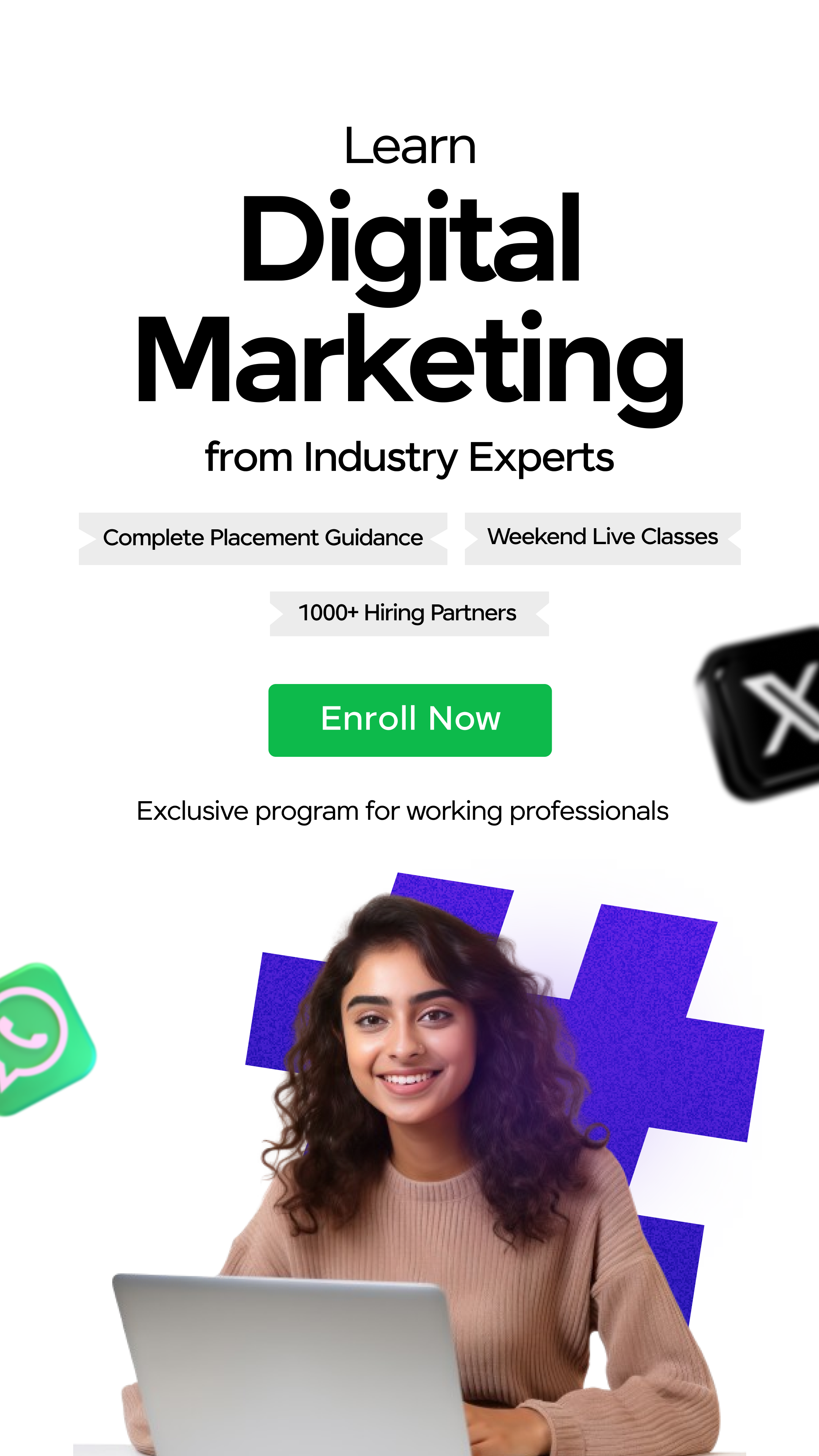




















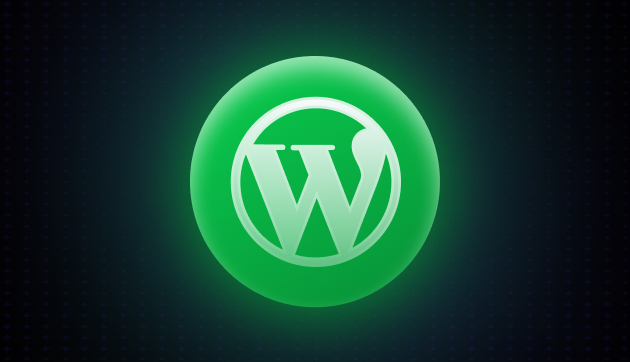
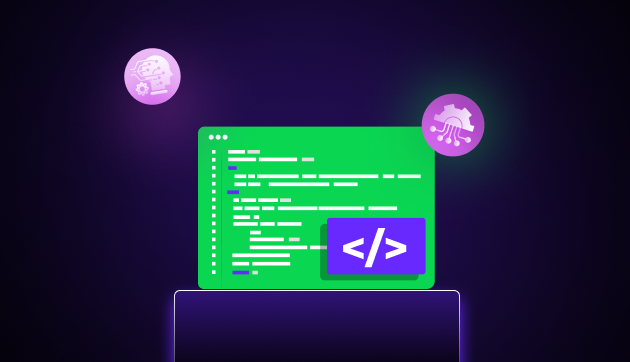
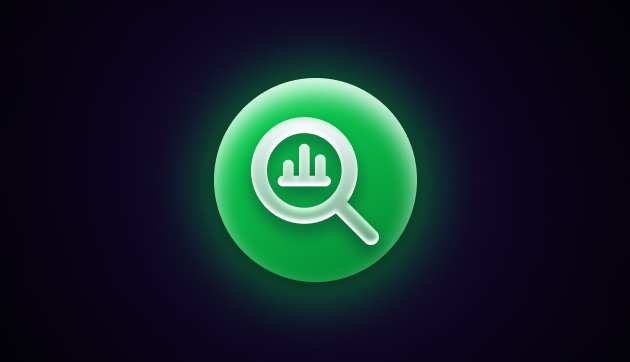
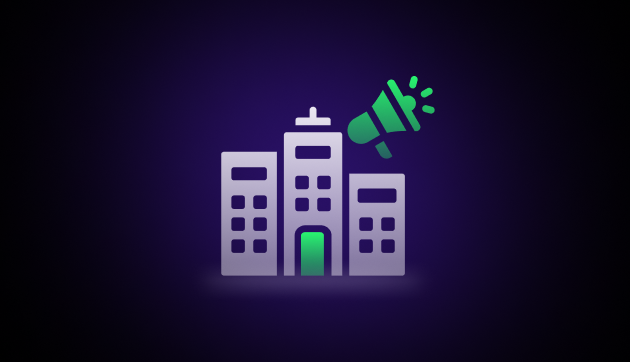



Thank you for your great and valuable content